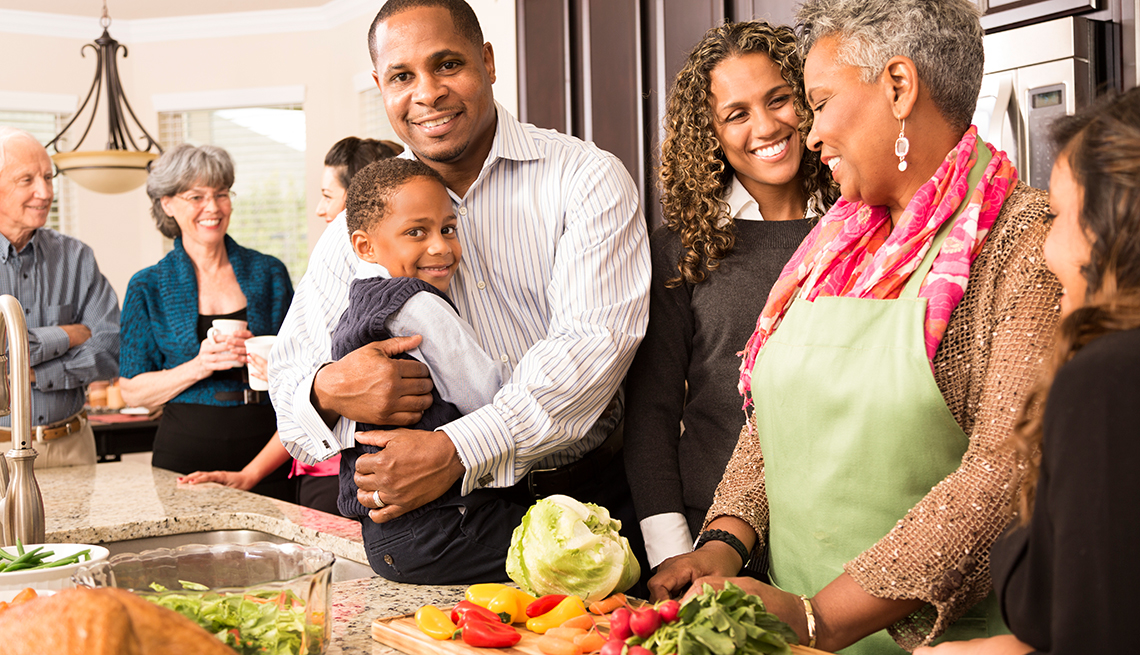Staying Fit
When it comes to the holidays and our millennial children, the classic song lyrics "Over the river and through the woods to Grandmother's house we go" need an update.
Rather than visit, the kids may ask us to do the traveling. If they do come to us, there's a good chance it won't be on the actual holiday.


AARP Membership— $12 for your first year when you sign up for Automatic Renewal
Get instant access to members-only products and hundreds of discounts, a free second membership, and a subscription to AARP the Magazine.
For parents of adult children, the holidays can mean abandoning decades-long traditions, and that's not without some angst. But parents need to adapt to the changing family dynamic, says clinical psychotherapist Deanna Brann, author of Reluctantly Related. "Parents can't assume that the traditions they've always had are going to continue."
Parents may maintain that assumption because their holiday routines have continued for so long, often into their children's 20s. College students and young adults flock home until they get married. Then the changes start.
Parents should anticipate that newlyweds will have their own plans. Brann suggests asking them well in advance if they've thought about the holidays as a married couple, considering there's now another family in the mix. They might not have an immediate answer, but it will get them thinking.
The changes don't end with the arrival of in-laws. When grandchildren arrive, the pattern needs altering again. While some couples are happy to bundle up the babies and head over the hill to Grandma's, usually there comes a time when the family wants to be in their own living room to celebrate Hanukkah, Kwanzaa or Christmas.
Parents might feel out of the loop, wondering if they are invited. Brann suggests asking an open-ended question: "We'd love to come to your house. What day works best?"
For several years, her son and his wife lived several states away. After they had children, they welcomed Brann, her husband and the other grandparents but asked them to arrive after 2 p.m. on Christmas. The young couple wanted to celebrate in the morning with just their children.

































































